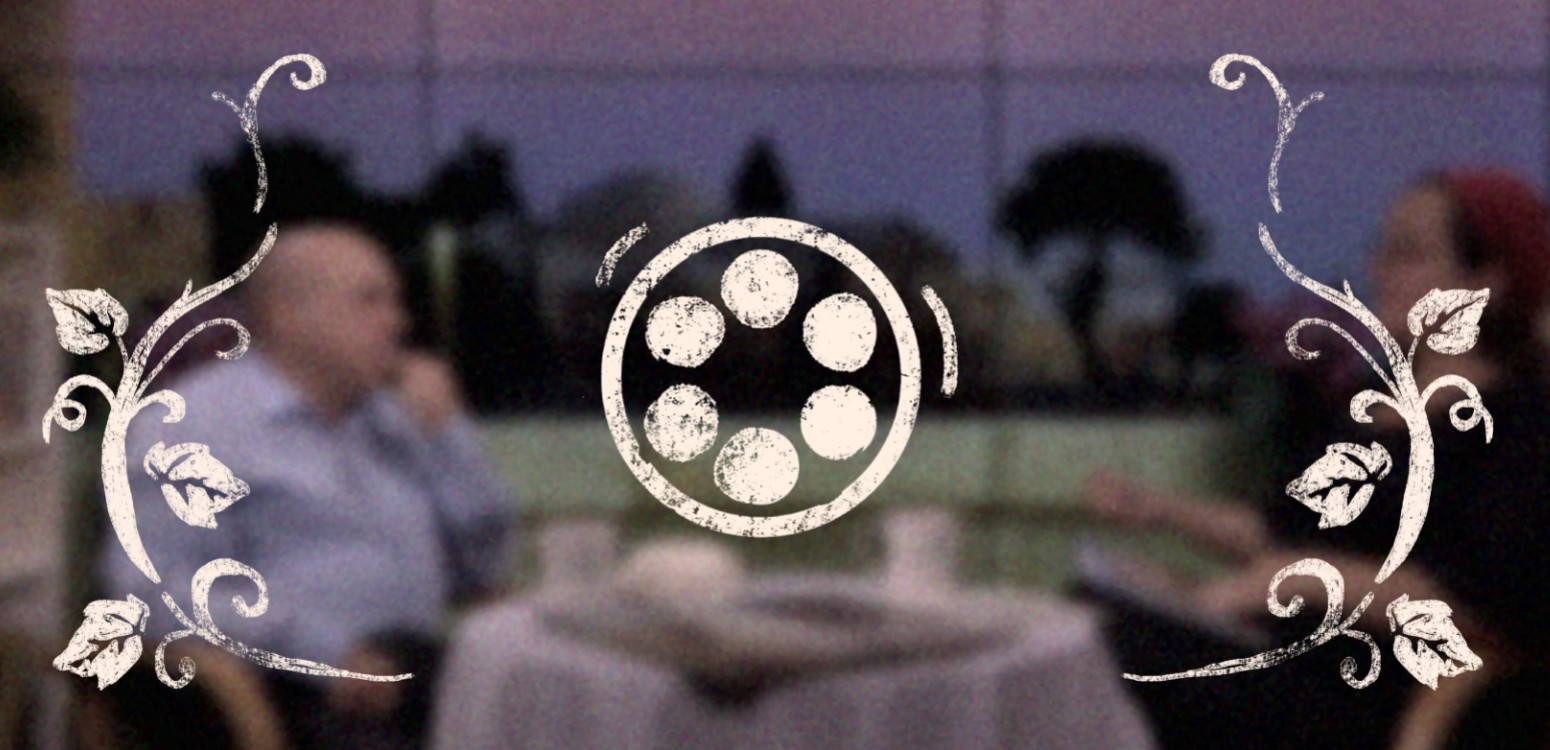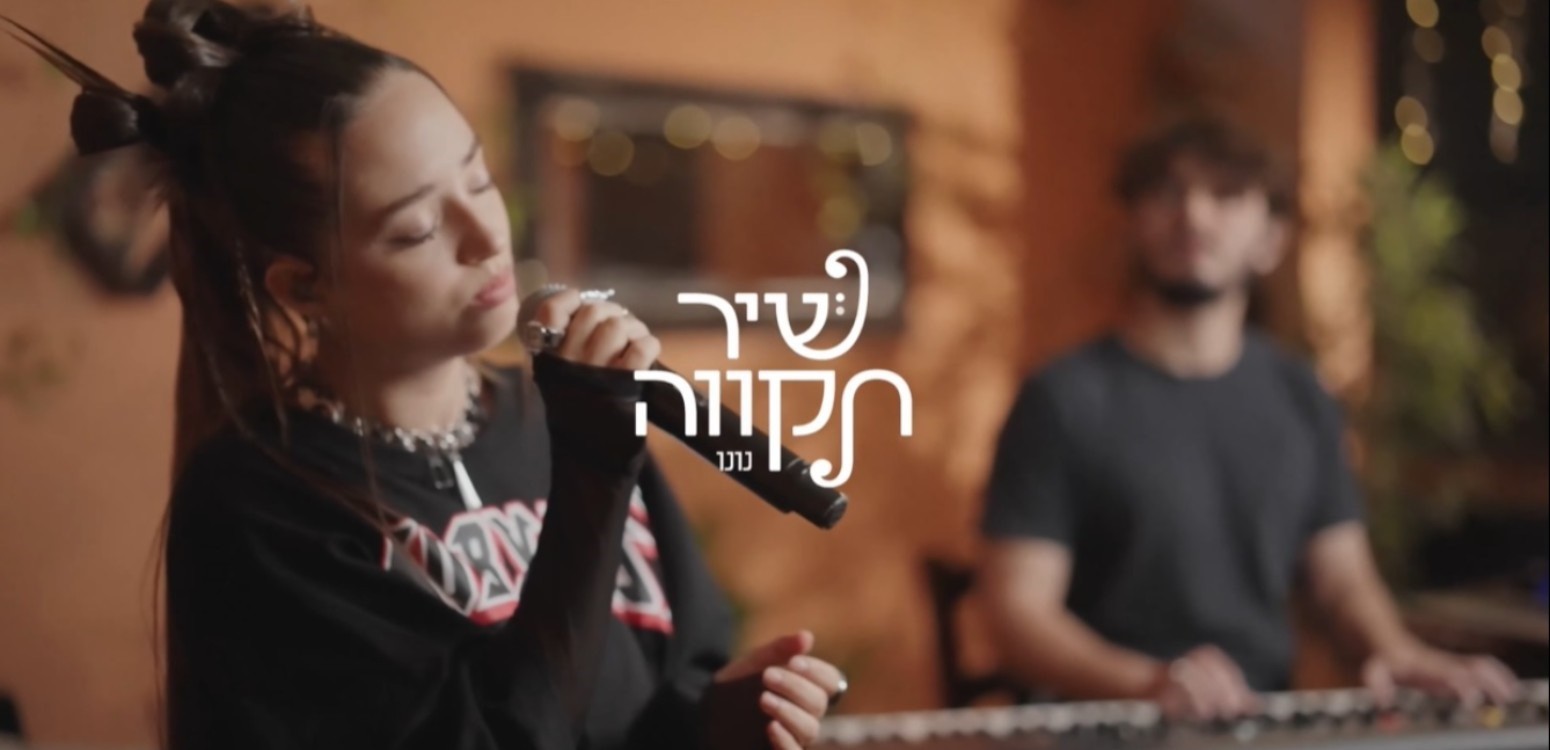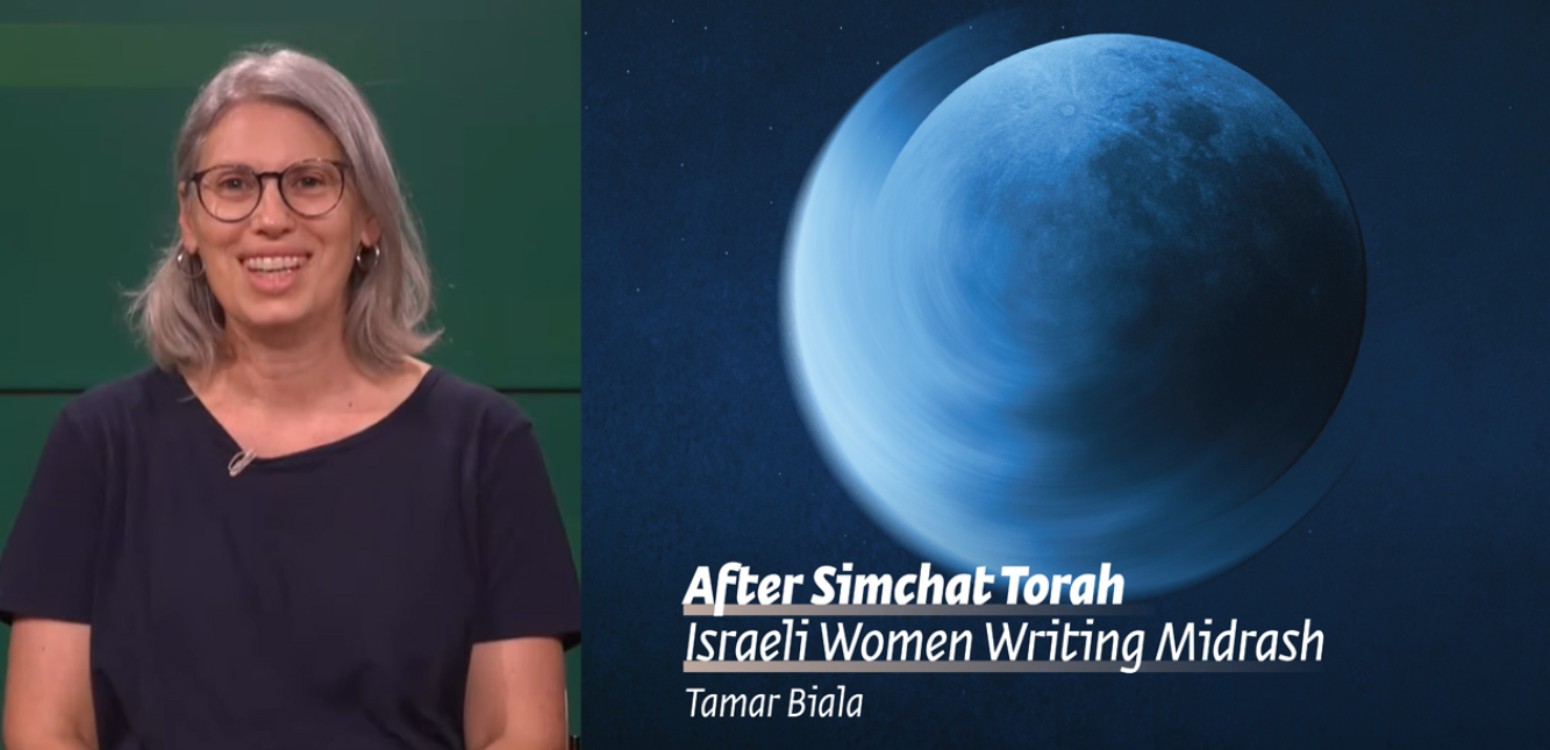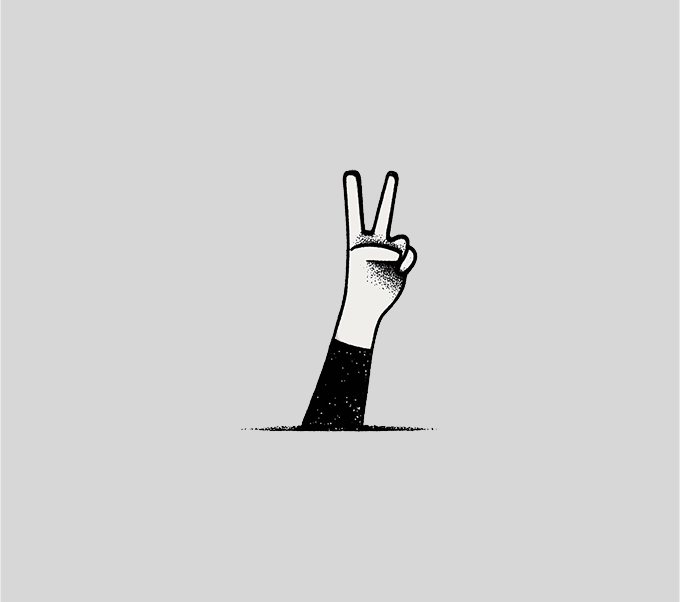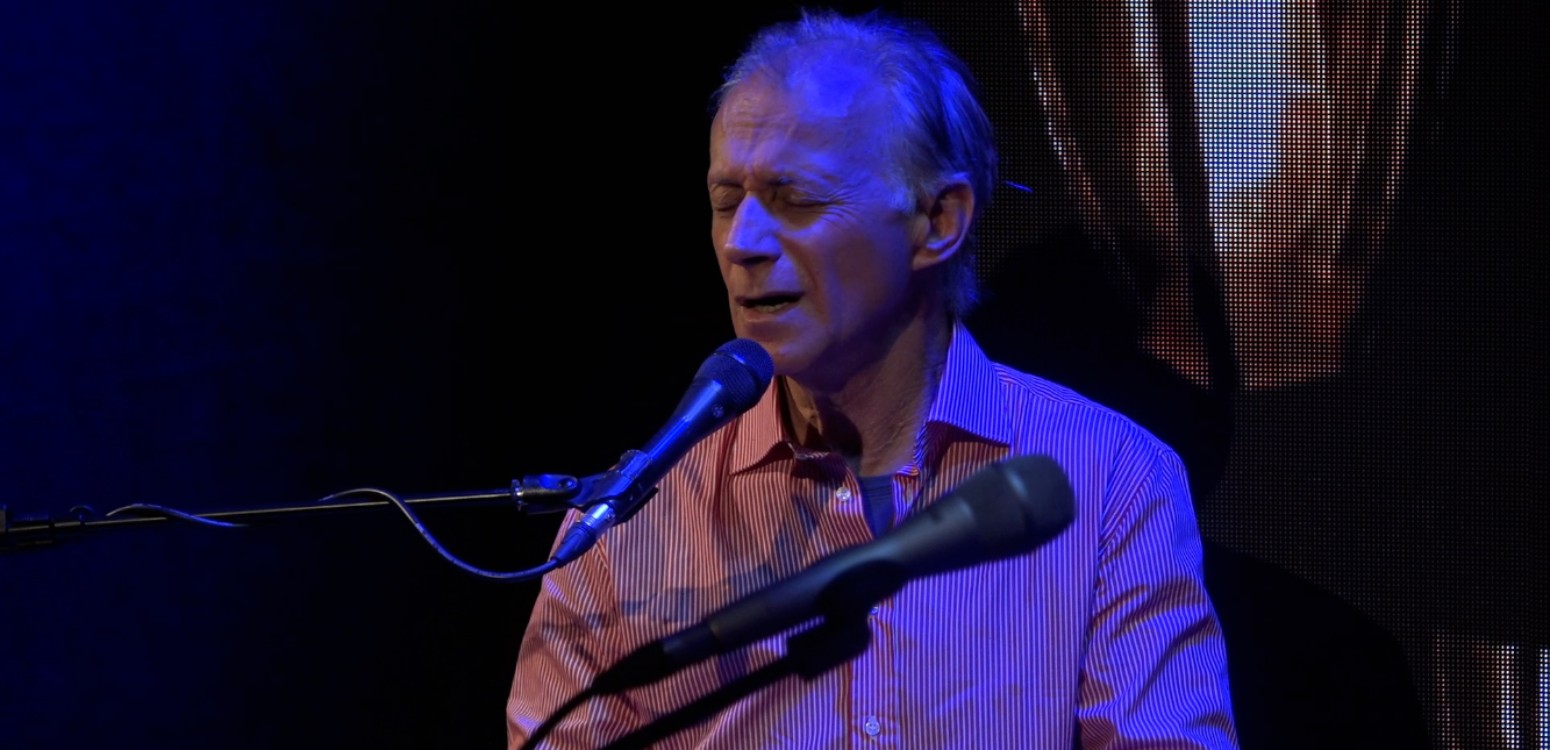
What can a talking donkey teach us about trust in relationships? In this Torah story, Balaam’s donkey delivers a profound lesson about giving those closest to us the benefit of the doubt, even when their behavior seems inexplicable
In one of the Torah’s most puzzling stories, we witness a conversation in which a loyal companion finally speaks up to defend itself against years of mistreatment.
Parashat Balak tells us that when the king of Moab – Balak the son of Zippor – feared the approaching Israelites would defeat him, he summoned Balaam, a famous sorcerer, to curse them. Though Balaam recognized the God of Israel and was afraid, God eventually permitted him to go. But as Balaam set out on his journey, God placed an angel with a drawn sword in his path. Balaam couldn’t see the angel, but his female donkey could – and every time she would turn off the road or refused to move. Balaam grew angry and struck the donkey again and again. Then a miracle occurred: the donkey opened her mouth and rebuked him.
“Then the Lord opened the donkey’s mouth, and she said to Balaam, ‘What have I done to you that you have beaten me these three times?’ Balaam said to the donkey, ‘You have made a mockery of me! If I had a sword with me, I’d kill you.’ The donkey said to Balaam, ‘Look, I am the donkey that you have been riding all along until this day! Have I been in the habit of doing thus to you?’ And he answered, ‘No.’” (Numbers 22:28-30)
The heart of broken trust
Remarkably, Balaam barely bats an eye at his talking donkey – perhaps he’d seen stranger things in his line of work. But the donkey’s response is profound. Instead of telling him about the angel, she appeals to their relationship. The donkey simply tells him that she’s been his faithful companion all these years and has never behaved this way before.
The medieval French commentator Chizkuni (Hezekiah ben Manoah) captures her argument perfectly: since she’s never acted this way before, Balaam should have trusted there was a good reason. Instead, he beat her. The donkey’s rebuke cuts to the heart of broken trust: After all these years together, why didn’t you give me the benefit of the doubt?
“Am I not your donkey!”
But the rabbis saw deeper layers in this story. The Midrash takes this relationship to the extreme. In a provocative interpretation, the Talmud suggests that Balaam had an inappropriate intimate relationship with his donkey.
When the princes of Moab questioned why Balaam rode a donkey instead of a horse, he made excuses about his horse grazing in the meadow. The donkey, hurt by his shame, responded: “Am I not your donkey!” The subtext was clear: Who are you trying to fool? You use me all the time. The Talmudic narrator adds that she said: “And moreover, I perform for you riding during the day, and marriage during the night” (Babylonian Talmud, Avodah Zarah, 4b).
The Talmud likely went this far for two reasons. Firstly, Balaam’s character challenged the sages – how could a foreign sorcerer possess such powers and even converse with God? Secondly, the sages wanted us to see Balaam’s relationship with the donkey as a parable for romantic relationships with power imbalances. Relationships where we’re ashamed of our partners instead of being proud of them, and where we judge harshly instead of extending trust.
Turning curses into blessings
And just so we are not left hanging, let’s mention what happened in the end. After the donkey proved Balaam wrong, God opened his eyes so that he could see the angel. Balaam apologized and continued on his way, and then when Balak demanded that he curse the people of Israel, Balaam instead blessed them, and among other things said: “Behold, a people that rises like a lioness, leaps up like a lion,” (ibid. 23:24), and also “How fair are your tents, O Jacob, Your dwellings, O Israel!” (ibid. 24:5)
Sometimes the most profound lessons come from the most unexpected teachers. The donkey’s simple plea for trust transformed not only Balaam’s vision, but his entire mission – turning curses into blessings. In our own relationships, when we learn to extend that same trust and benefit of the doubt, we too might find ourselves seeing angels where we once saw only obstacles.
Lior Tal Sadeh is an educator, writer, and author of “What Is Above, What Is Below” (Carmel, 2022). He hosts the daily “Source of Inspiration” podcast, produced by Beit Avi Chai.
For more insights into Parashat Balak, listen to “Source of Inspiration”
Translation of most Hebrew texts sourced from Sefaria.org
Main Photo:created using AI
Also at Beit Avi Chai



